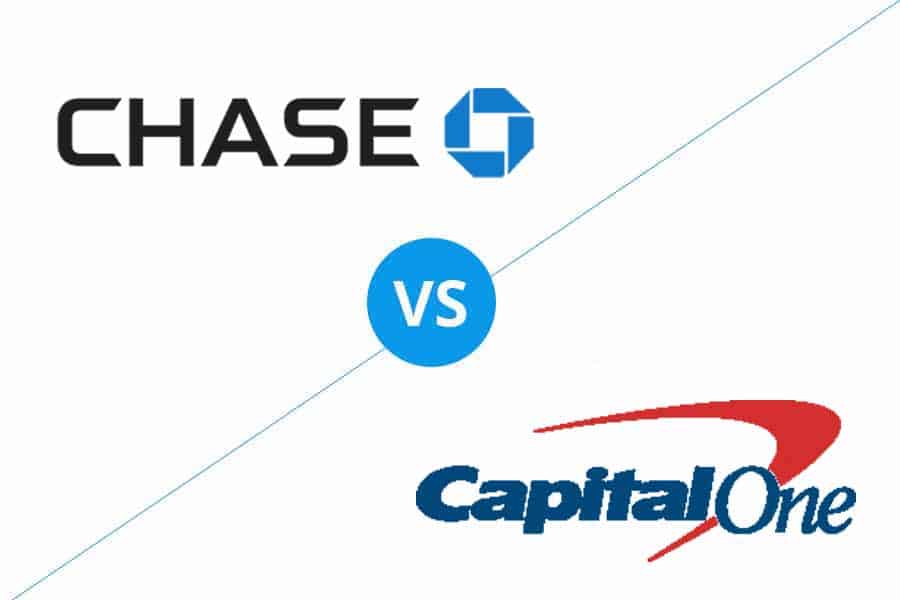
If you’re considering jumping into real estate investing, you will need to decide between active vs passive real estate investing. Active investing requires you to roll up your sleeves to play an active role in day-to-day activities, while passive investing allows you to sit back and let your money work for you. Each method offers benefits and challenges that investors must understand before deciding which strategy to use. Let’s break down the details of each method to determine if active income vs passive income is right for you.
Active real estate investing involves a hands-on approach to managing and directing property acquisition, operations, and maintenance. It typically requires a significant time commitment and expertise from investors willing to dig into the business and get to work. Activities include the search for new properties, renovations, property management, and resale.
Types of active real estate investing include the following:
- Wholesaling: Bringing an off-market seller together with a buyer for a fee
- Fix and flips: Buying a property to renovate or repair to sell for a profit
- Buy and hold: Purchasing properties for the purpose of holding them to rent short-term, mid-term, or long-term
- Land flipping: Upfitting land by clearing or placing utilities and selling for a profit
Inexperienced real estate investors just breaking into the game will usually partner with a more experienced investor. These individuals should also consider making a real estate investment business plan and have resources available throughout the process. More experienced active real estate investors typically have some expertise in one or more of these areas. Their participation in these activities leads to active income.
Home renovations underway
Active Real Estate Investing: Pros & Cons
Active investing has a larger upside potential than passive investing in real estate, but it does come with higher risks.
What Is Passive Real Estate Investing?
Passive real estate investing, on the other hand, allows investors to take more of a hands-off approach. Using the passive real estate investing method, capital is contributed to real estate projects or investments, and profits are made without daily involvement from the investor. Also, passive real estate investors are less involved in day-to-day decisions.
Types of passive real estate investments include the following:
- Real estate investment trusts (REITs): Owning shares in a company that owns a real estate portfolio, which are typically traded publicly
- Crowdfunding and syndication: Pooling money with other investors to purchase a property
- Remote ownership: Purchasing a real estate investment and hiring a property management company to oversee daily operations
Passive real estate investors rely on the expertise of sponsors, fund managers, and property managers to handle property selection, management, and other operational tasks. This approach allows the investor to remain behind the scenes while still earning passive income.
Check-in on investments remotely
Passive Real Estate Investing: Pros & Cons
Passive real estate investments require minimal time and effort but can come with additional costs, leading to smaller profits.
Key Differences of Active vs Passive Property Investment
There are many factors to consider when it comes to active vs passive real estate investing. In some ways, these strategies are similar, but more often than not, they are distinctly different. How each type is funded varies depending on the type of investment. While they both involve putting money into real estate with the intention of turning a profit, understanding the differences will help you decide which strategy is right for you.
Both active and passive real estate investing utilize real estate assets to produce income and build wealth. Investors must rely on market research and due diligence to ensure the investment is worthwhile. The goal is for the physical real estate asset to appreciate over time, leading to larger, more consistent profits.
Active real estate investing involves hands-on management and decision-making. While it demands significant time and expertise, it also leads to the potential for higher returns. Passive real estate investing allows investors to outsource property management to professionals, offering diversified and predictable streams of income with lower returns on investment (ROI). Ultimately, deciding whether to actively or passively invest in real estate depends on the individual’s preferences, risk appetite, and investment goals.
When looking at active vs passive real estate investments, you may be wondering about the best ways to obtain funding. Each funding option will offer a unique advantage for you to consider. This allows investors to tailor their approach based on their financial resources, risk tolerance, and investment goals.
Active vs Passive: Which Is Best for You? Take Our Quiz
Choosing between active and passive real estate investing will depend on the financial resources available to you, your risk tolerance, and what you aim to accomplish by investing.
- Active real estate investing: Best for individuals looking for a more hands-on role and the potential for higher returns. These investors should be prepared to spend significant time, effort, and expertise on property management.
- Passive real estate investing: Best for individuals with less expertise who wish to remain hands-off and have limited input in daily decisions. These investors will benefit from lower time commitments and predictable income streams.
Still not sure whether active income vs passive income is right for you? Take our three-question quiz to gain some insight into your options.
Bottom Line
The decision to choose active vs passive real estate investing depends solely on your personal preferences. Your expertise, financial situation, and investment goals will determine which approach offers the results you are looking to achieve. Before deciding, evaluate the risk to ensure it aligns with what you are willing to put on the line. Whether you take a hands-on or hands-off approach, real estate investing is a rewarding road to building wealth and achieving your financial goals.





